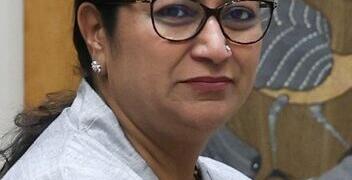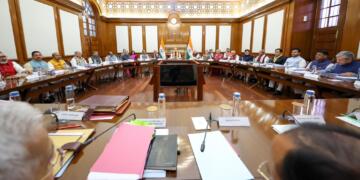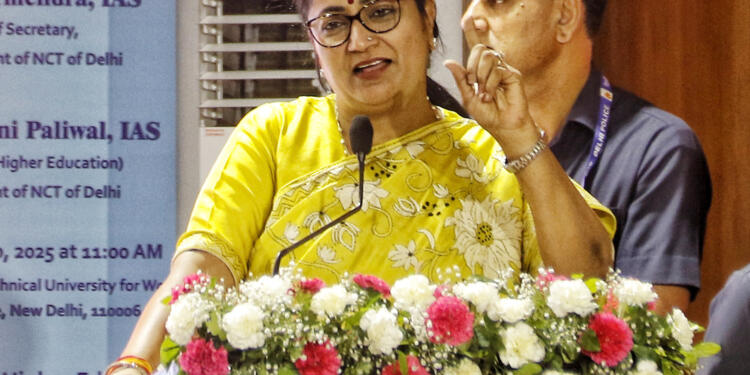In a significant boost to the ease of doing business in the national capital, Delhi’s Lieutenant Governor V.K. Saxena has issued a directive transferring the power to license and regulate hospitality and entertainment establishments from the Delhi Police to the Municipal Corporation of Delhi (MCD).
This move, hailed by industry leaders and trade associations, simplifies operations for businesses like hotels, guesthouses, restaurants, discotheques, amusement parks, swimming pools, and video-game parlours, which previously had to navigate multiple layers of police and civic approvals.
Political Turnaround Impact
Observers note that this reform is a clear reflection of the “double engine government”- a term often used to describe the synergy between the BJP-led Central Government and the LG-led Delhi administration. With both engines working in coordination, several bottlenecks that had plagued Delhi’s regulatory framework for years are now being addressed decisively.
The licensing reform comes on the heels of a major political shift in Delhi, where the BJP recently formed the government after defeating the Aam Aadmi Party (AAP) in the assembly elections. The BJP’s victory marked the end of a decade-long AAP rule, with voters expressing a desire for change in governance and a stronger alignment with the Centre. Since assuming power, the BJP-led administration has focused on improving civic infrastructure, cutting bureaucratic red tape, and enhancing the ease of doing business. Officials have indicated that such reforms are part of a broader strategy to modernize Delhi’s regulatory environment, attract investment, and create jobs—particularly in sectors like hospitality, retail, and tourism.
What the Change Means
Previously, business owners needed no-objection certificates (NOCs) and licenses from both Delhi Police and the MCD- a dual approval process known for delays, redundancy, and unclear accountability. Under the new directive: Licensing for commercial hospitality and entertainment spaces will now fall solely under the MCD. The requirement for a police-issued eating-house license is abolished.
The reform complements the Unified Single-Window Licensing Portal, launched in 2023, which integrates approvals from various departments and grants automatic clearance if no objections are raised within 49 days.
Industry and Trader Reactions
Trade bodies including the National Restaurant Association of India (NRAI), Hotel and Restaurant Association of Northern India (HRANI), and Confederation of All India Traders (CAIT) welcomed the development.
Market associations believe this will lead to greater investment, quicker business launches, and expanded employment in Delhi’s hospitality and service sectors.
The Bigger Picture
Delhi’s move is seen as part of a broader nationwide effort by the BJP-led Centre to simplify compliance frameworks across sectors. From GST streamlining to Startup India, the Centre’s pro-business reforms are now finding firmer ground in Delhi through LG Saxena’s administration.
As the capital modernizes its regulatory landscape, businesses, especially in tourism and services stand to benefit the most. And with Centre–state alignment under the double engine model, more such reforms may be on the horizon.
























